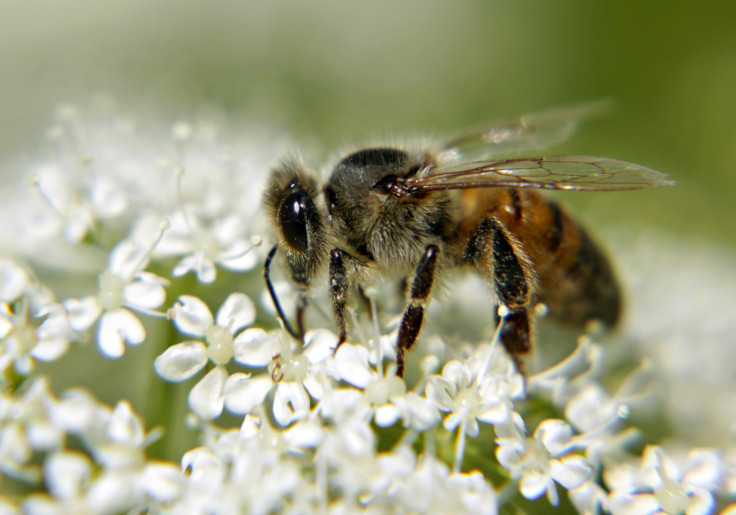Neolithic beekeepers: Humans have been farming bees for honey for 8,500 years

Humans have been farming bees for their beehive products for as long as 8,500 years. Research from the University of Bristol shows there is evidence that people as far back as the Stone Age were exploiting bees for honey.
It is known that the ancient Egyptians colonised bees thanks to murals around 3000BC but it was previously unclear how far back humans have been doing this. However, archaeologists have found evidence of beeswax in pottery vessels that were used by the first farmers who settled in Europe.
Some 20 years of research has gone into this, with the researchers examining more than 6,000 potsherds from over 150 Old World archaeological sites, according to the study published in Nature. They found beeswax's chemical "fingerprint" at multiple Neolithic sites across Europe, such as in cooking pots from an archaeological site in Turkey, dating to the seventh millennium BC.
Dr Mélanie Roffet-Salque, lead author of the paper, said: "The most obvious reason for exploiting the honeybee would be for honey, as this would have been a rare sweetener for prehistoric people. However, beeswax could have been used in its own right for various technological, ritual, cosmetic and medicinal purposes, for example, to waterproof porous ceramic vessels."
Professor Richard Evershed added: "The lack of a fossil record of the honeybee means it's ecologically invisible for most of the past 10,000 years. Although evidence from ancient Egyptian murals and prehistoric rock art suggests mankind's association with the honeybee dates back over thousands of years, when and where this association emerged has been unknown - until now.
"Our study is the first to provide unequivocal evidence, based solely on a chemical "fingerprint", for the palaeoecological distribution of an economically and culturally important animal. It shows widespread exploitation of the honeybee by early farmers and pushes back the chronology of human-honeybee association to substantially earlier dates."
© Copyright IBTimes 2025. All rights reserved.






















